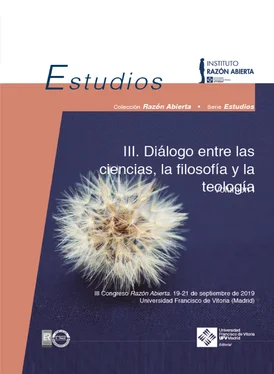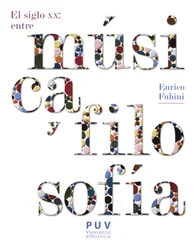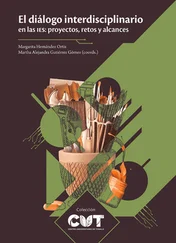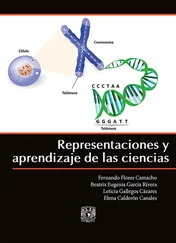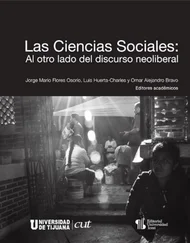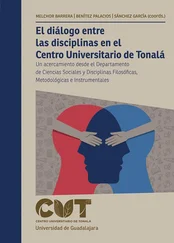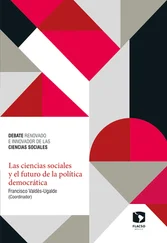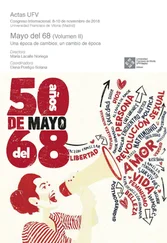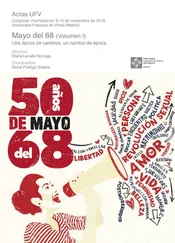The recognition of the expressive and ideological possibilities of games therefore depends on being able to develop the literacy to understand how to access, play and decode them. Media literacy is a key skill in this day and age in general – its lack is what favors the spread of fake news; the appreciation for the arts, such as literature, film, comics, dance and games also depends on being able to understand its codes and conventions. The first barrier to game literacy is understanding how to interact with a game – people unfamiliar with games usually believe that one needs a certain degree of dexterity to play, as pointed out above. This belief is not unfounded, since most game controllers have more buttons than we have fingers in our hands. But it is not the only way to play videogames – computer games can resort to input devices that we use every day (mouse and keyboard) while the advent of touch screens in mobile phones and digital tablets means that the interfaces themselves are not quite a barrier anymore.
Once the accessibility and literacy barriers have been broken, all types of players can access games as fictional worlds – worlds that can be explored, that have a history, and where players can live their own stories. These worlds are not only part of fantasy or science fiction – we have actual cities that the player can traverse, from the London of Sherlock Holmes to modern San Francisco – hostile jungles, as in the Tomb Raider series, or the Swiss mountains of Over the Alps (2019). It is by becoming inhabitants of these worlds that we can start to understand other people, other ways of living, other ways of thinking. The ways in which digital games can transport us to new worlds are not necessarily escapist, but rather they provide us a safe space to understand people who are not like us. For example, This War of Mine (2014) puts the player in charge of a group of civilians during a war, and the goal is to survive a conflict in which they are trapped. Players become performers in a space of extreme loss, destruction and heartache, and have to deal with it, not just be mere spectators.
This War of Mine also exemplifies the importance of giving roles to players that are not just power fantasies – we learn the most when we have to make difficult decisions, when we see the consequences of our decisions. Meg Jayanth refers to games that empower the player and turn them into the center of the world as «entitlement simulators», and advocates for having more games where the player has limited agency and may not be able to change the world, but has to deal with it (Jayanth, 2016). Games like her own 80 Days (2014) put the player in the shoes of Passepartout, Phineas Fogg servant, who is the one who needs to plan and understand the locations they traverse; the world is littered with political upheavals but their role is to travel and deal with the obstacles, but they cannot really change the world. Papers, Please (2013) puts the player in the shoes of a border agent who decides who gets in or not; some people are escaping persecution in their country, others may be criminals but offer bribes, which may help the player keep their family alive. Papers, Please provides players with real dilemmas, rather than a Manichean view of the world.
Some games deliberately set up the player to never be able to win – Gonzalo Frasca’s September 12 th(2003) gives a view of a middle-Eastern town that the player can attack in order to kill terrorists. As the player attacks and destroys the city, the relatives and friends of the dead terrorists become terrorists themselves, while the game has no end. Similarly, The Snowfield (2011) turns the player into a soldier during the first World War; the soldier looks for shelter and warmth in the freezing cold, and maybe even company, but the destruction of war means there’s not a lot of room to avoid dying from hypothermia. Both games use the properties of digital games that allow players to identify and connect with the character they control, as well as understanding the conflicts that others have to endure.
Last but not least, I would like to defend the importance of the use of the so-called genre fiction as an expressive space to understand human nature. Although science fiction and fantasy settings are often considered escapist, unreal and «not serious», truth is that genre fiction provides us with a metaphorical space to understand the human condition. Horror stories are metaphors that allow us to face our worst fears – see for example how the housing crises of the late 2000s gave way to film titles such as Rec (2007), where a disease in an apartment building ends up in the massacre of its tenants and visitors. Science-fiction has been commenting on the human condition since Mary Shelley wrote Frankenstein (1818). Games also have power to use genre fiction in similar insightful ways. For example, the game Planescape: Torment (1999) is set in the world of Dungeons and Dragons , but its premise is to send the player in a quest to find the answer to the question «What can change the nature of a man?»
Games, both digital and non-digital, are cultural artefacts and artistic expressions that can help us understand ourselves and others. The only thing that is getting in the way of being perceived as such is how their makers often think of them as products supposedly devoid of ideas, instead of works that are expressive and engaged with human concerns, hopes and conflicts.
REFERENCES
Flanagan, M. and Nissenbaum, H. (2014). Values at Play in Digital Games. Cambridge (MA): The MIT Press.
Genette, G. (1980). Narrative Discourse: An Essay in Method. Ithaca (NY): Cornell University Press.
Jayanth, M. (2016). Forget Protagonists: Writing NPCs with Agency for 80 Days and Beyond. Medium (blog). From https://medium.com/@betterthemask/forget-protagonists-writing-npcs-with-agency-for-80-days-and-beyond-703201a2309.
Juul, J. (2009). A Casual Revolution: Reinventing Video Games and Their Players. Cambridge (MA): The MIT Press.
Ryan, M.-L. (2003). Narrative as Virtual Reality: Immersion and Interactivity in Literature and Electronic Media. Baltimore (MD): The Johns Hopkins University Press.
Конец ознакомительного фрагмента.
Текст предоставлен ООО «ЛитРес».
Прочитайте эту книгу целиком, купив полную легальную версию на ЛитРес.
Безопасно оплатить книгу можно банковской картой Visa, MasterCard, Maestro, со счета мобильного телефона, с платежного терминала, в салоне МТС или Связной, через PayPal, WebMoney, Яндекс.Деньги, QIWI Кошелек, бонусными картами или другим удобным Вам способом.
